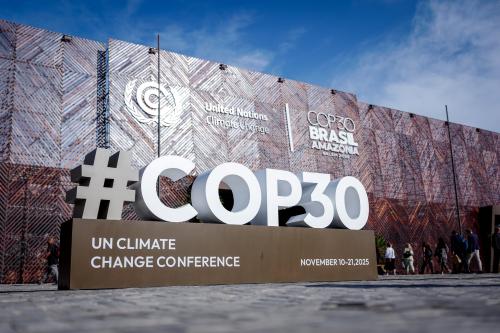Evie Zambetakis presented the following paper at a conference at Chatham House in London on November 10, 2009.
Global climate change has catapulted the Arctic into the centre of geopolitics, as melting Arctic ice transforms the region from one of primarily scientific interest into a maelstrom of competing commercial, national security and environmental concerns, with profound implications for the international legal and political system.
The significance of an Arctic rendered increasingly accessible by the melting of ice as a result of rising global temperatures should not be underestimated. As the region opens to increased human activity such as traffic from commercial shipping, tourism, and oil and gas exploration, soot emitted by maritime vessels and operations will land on the ice. Greying of the icecap, as black carbon from incomplete hydrocarbon combustion lodges itself in snow and ice, causes what was once a reflective surface to absorb more sunlight, melt, and warm the water. The resulting dangerous feedback loop is part of an alarming phenomenon that is pushing the current drive for policies to slow down climate change.
Increasing water temperatures are changing the distribution of sea ice and having grave impacts on ice-dependent flora and fauna. In September 2009 nearly 3,500 walruses congregated on Alaska’s north-west coast off the Chukchi Sea because of reduced sea ice; the same happened in 2007 with over 6,000 walruses. Polar bears are likely to face extinction in less than 70 years as they lose their traditional breeding and hunting grounds to melting ice. Red foxes are migrating ever northwards and displacing smaller Arctic foxes. The list goes on.
The Brookings Institution is committed to quality, independence, and impact.
We are supported by a diverse array of funders. In line with our values and policies, each Brookings publication represents the sole views of its author(s).



